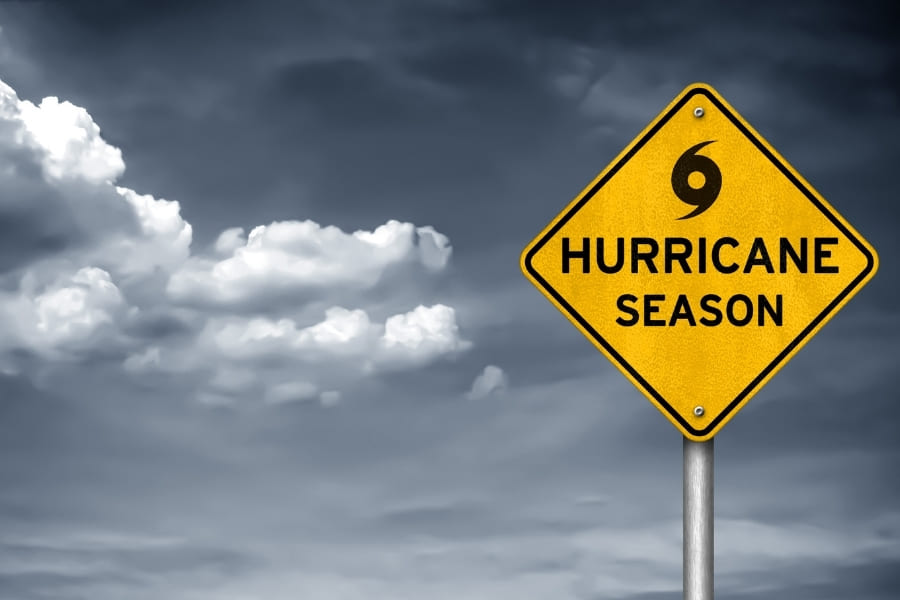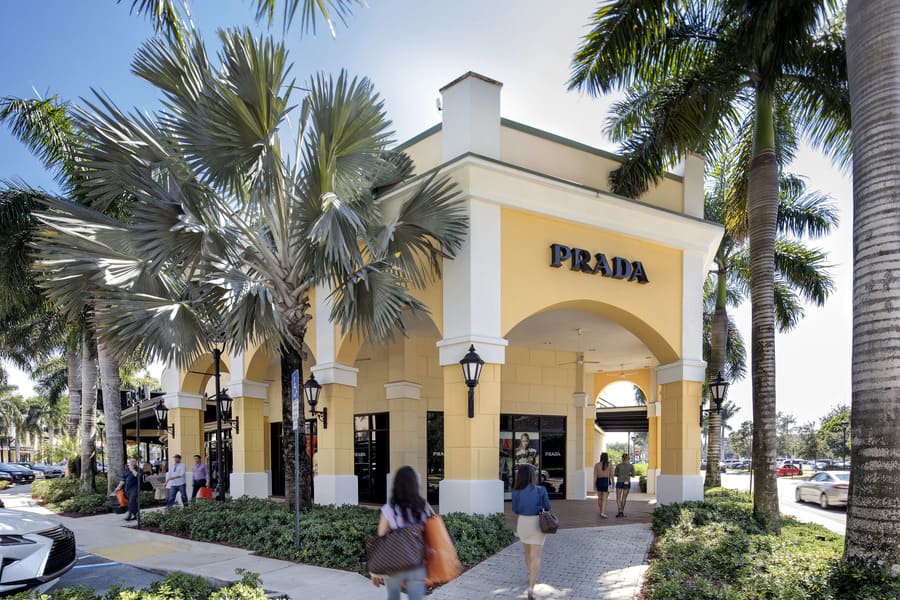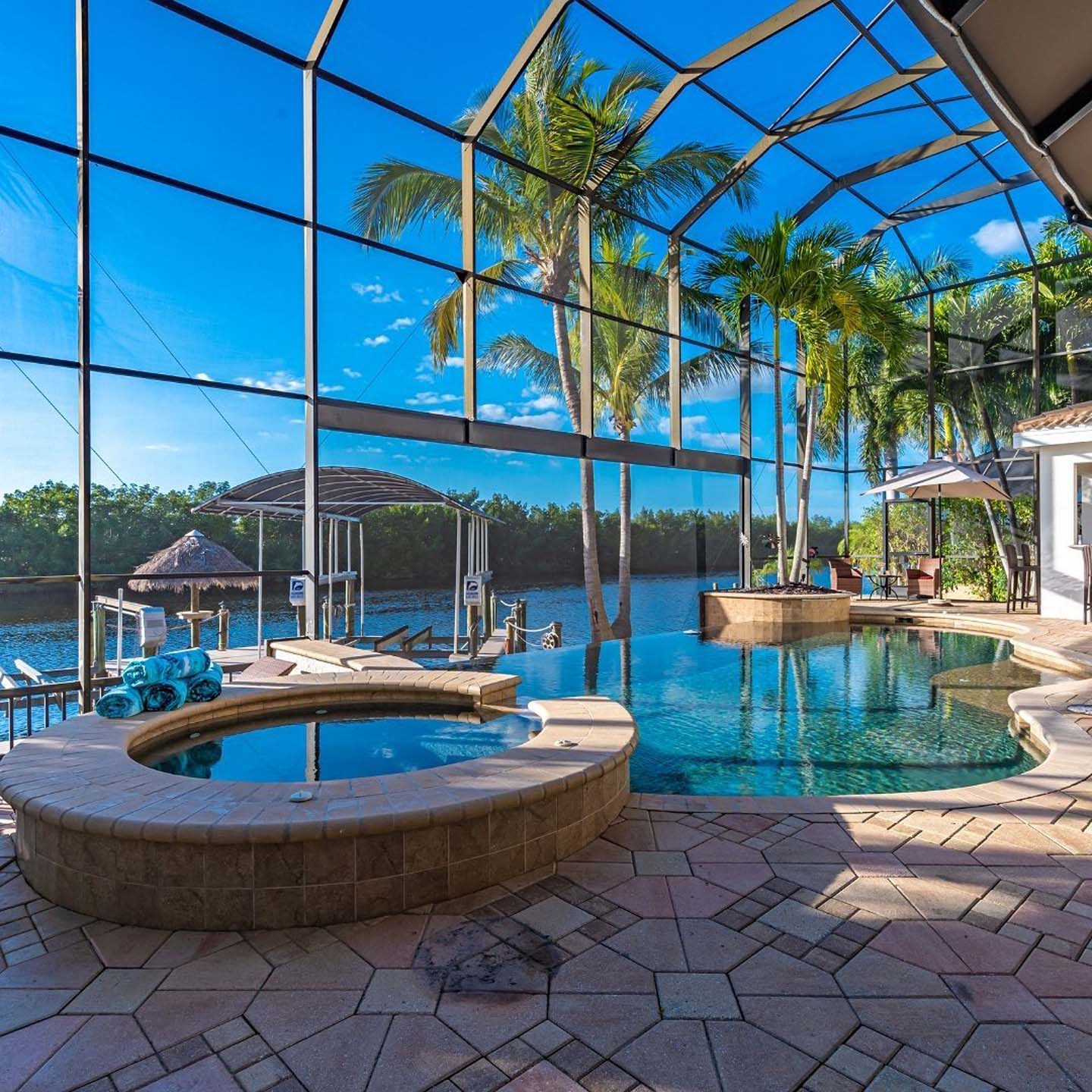Florida is known as the Sunshine State for a reason. Here, vacationers enjoy pleasant temperatures and sunny days without end. In the summer months, however, true monsters are born off the Atlantic Coast. Hurricanes heading towards the Caribbean and the Southern US often leave a trail of destruction behind. Therefore, it pays to know when these storms occur, where the risk is particularly high and what to do when a hurricane is interrupting your vacation.
HOW DO HURRICANES FORM?
Two things are necessary for a hurricane to form: heat and wind. In the summer months the water of the Atlantic heats up. Warm air rises and causes huge thunderclouds to manifest. Above the clouds the air cools off, drops and is sucked back up like in a chimney. The earth’s Coriolis Force gives the storm its characteristic spin. As it passes over an area with particularly warm water, the storm’s size and velocity increase. When wind speeds reach 12 on the Beaufort scale, experts speak of hurricanes – monster storms up to 100 miles long and 10 miles high.
Hurricanes draw their energy from warm ocean waters. When they hit the mainland, they cause considerable damage due to their wind speed and the sheer amounts of rainfall they unleash. After this, they gradually lose energy.
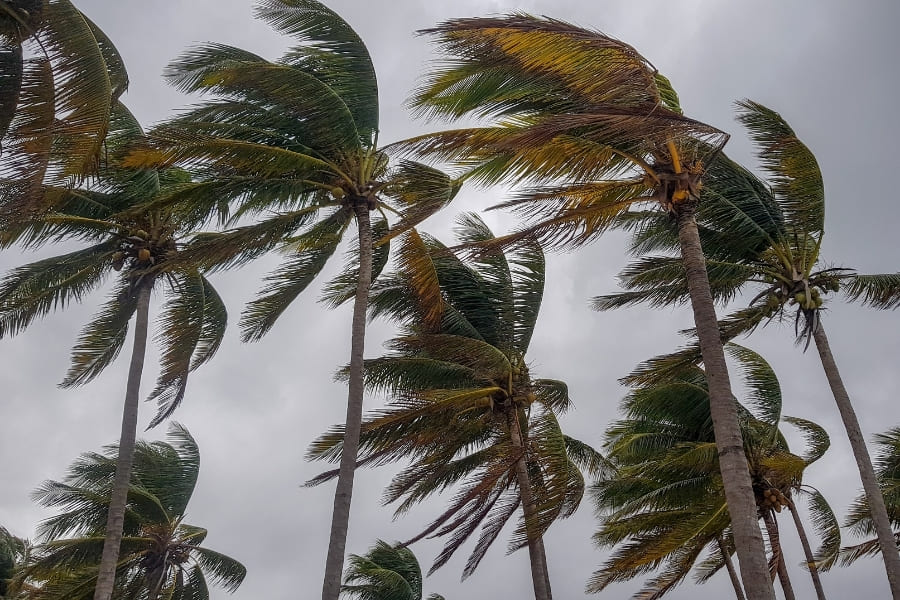
HOW DANGEROUS ARE HURRICANES?
The destructive potential of a hurricane depends on its speed. While a category 1 hurricane (74-95 mph) can rip off branches and damage poorly-built houses, category 2 hurricanes are known to unroot trees and destroy roofs, doors and windows. People living in coastal areas are advised to seek shelter. A category 5 hurricane with wind speeds of up to 157 mph will easily snap trees and completely destroy whole houses. Further damages are caused by flooding due to violent rainfall. Widespread evacuation is necessary.
Among the most devastating natural disasters of the last decades was Hurricane Katrina. This superstorm killed more than 1.800 people in August 2015 and caused over 108 billion Dollars in damages. In 2017, hurricane Irma was responsible for the death of 84 Florida residents, along with property damage of 50 billion Dollars. One year later, Hurricane Michael proved to be almost equally destructive. Most hurricanes do not directly hit the US mainland. However, scientists have observed that due to climate change and a rise in ocean temperatures, these tropical storms are becoming ever more frequent.
WHICH PARTS OF FLORIDA ARE PARTICULARLY AT RISK?
A hurricane warning in Florida does not mean that every part of the state is affected. Sometimes, huge storms only hit a small area – as did Hurricane Andrew in 1992. And although Florida is more hurricane-prone than any other state, the risk is not equally distributed.
When one looks at storms in the last hundred years, there is a clear pattern: The southern tip of Florida, including Miami and Fort Lauderdale, and the east coast up to Orlando have been affected the most. The Naples area comes second, followed by the Florida Panhandle. The risk is lower on the central western coast from Cape Coral to Tallahassee, as well as on the east coast north of Orlando. Not surprisingly, the safest place is Florida’s interior, furthest away from the ocean.
WHEN DO HURRICANES OCCUR?
Florida’s hurricane season officially lasts from June to the end of November. Most storms, however, form between mid August and late October. Whether or not you should travel to Florida during hurricane season is a question you have to answer for yourself. Although experts release a hurricane forecast every year, there is no way to predict how many storms will occur, and when. For example, in 2019 Florida was spared a direct hit. During the three years before, however, hurricane damages were devastating. And even if a storm only grazes the state’s coast – as happened with hurricane Dorian in 2019 – heavy rainfall and cold temperatures can ruin your vacation nonetheless. If you take this risk, however, you will be rewarded with cheap flights and hotel prices during hurricane season.
WHEN WAS FLORIDA LAST AFFECTED BY HURRICANES?
- Hurricane Matthew from September 28, 2016 to October 9, 2016
- Hurricane Irma from August 30, 2017 to September 14, 2017
- Hurricane Michael from October 7, 2018 to October 16, 2018
WHAT IS HAPPENING DURING A HURRICANE?
Check out this original footage taken during Hurricane Michael in 2018.
HURRICANE SAFETY TIPS
If you are traveling to Florida during the summer months, you should keep an eye on the weather forecast. To see if a storm is forming off the coast, you can also visit the website of the National Hurricane Center featuring a live map: https://www.nhc.noaa.gov/.
INFORMATION FOR FLIGHT PASSENGERS AND HOTEL GUESTS
Imagine the following scenario: You book a flight to Florida and shortly before your trip, a hurricane warning is issued. Should your flight get cancelled because of this, most airlines will let you reschedule your trip cost-free or give you your money back. What you will not receive, however, is further financial compensation, as hurricanes are considered acts of nature. In other words: It is not the airline’s fault that the flight has to be cancelled.
Similar conditions apply to pre-booked holiday packages. European Union law requires the organizer to refund you. If you are unable to fly back due to a hurricane, the company also has to pay for the evacuation and your prolonged stay.
What about your pre-booked accommodation in Florida, then? Unfortunately, no binding regulations are in place, so you should read your hotel´s hurrican policy carefully. In the case of a hurricane warning, most hotels offer free refunds or let their guests re-book their stay at a later date. If you are evacuated before the storm, most hotels will give you money back for unused nights. Guests who want to be on the safe side should purchase travel insurance that covers the costs.
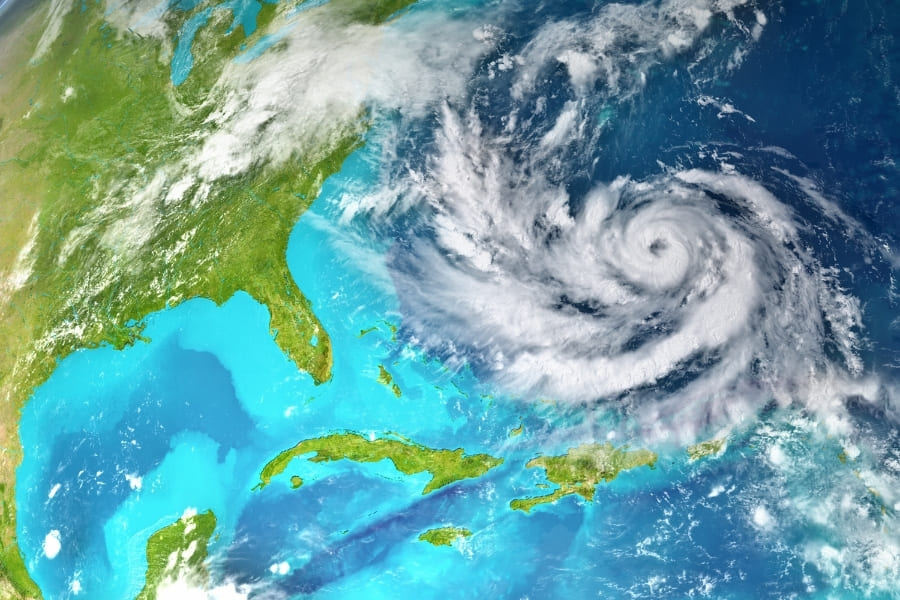
TIPS FOR HOMEOWNERS
If you own a house in Florida, you should deal with the issue of hurricanes early on and be ready to answer the following questions:
- Where are the nearest shelters?
- Will my insurance pay for hurricane damages?
- How do I switch off electricity, gas and water?
- Do I have enough emergency supplies? (This list published by FEMA should act as a guideline)
If you receive the warning that a hurricane is bound to hit in the next 36 hours, you should store any loose items like garden furniture inside and barricade openings like windows and glass doors. Trees and branches that could fall on your house must be cut down. Turn the refrigerator to the coldest setting to preserve your food in case of a power cut. Unplug smaller electric devices and fill your bathtub so you have an emergency supply of drinking water. Do not forget to put enough gasoline in your car, just in case you have to evacuate.
TIPS FOR RV OWNERS
RVs are perfect if you want to explore the Sunshine State at your own pace. Should a hurricane be inbound, you can easily leave the area with all your belongings – highly advisable, as even category 1 hurricanes can cause severe damages to your vehicle. If an evacuation is not possible for any reason, you should park your RV where it is most protected from wind: ideally in a garage, behind a house, but never under trees. Make sure that the side of the RV does not face the wind directly. Parking on higher ground is a good idea. A plastic tarp offers some protection from rain, and full water tanks provide additional stability. Before you evacuate, you should stock your mobile home with emergency rations.
HURRICANES AND CRUISES
Being on a cruise while a hurricane is forming nearby might seem like a nightmare. But actually, this scenario is not so bad after all. Thanks to modern technology, hurricanes can be detected quite early now. What is more, cruise ships are faster than any storms and can easily avoid them. Of course, the route might be changed and long awaited stops cancelled. This can be frustrating for some, but unfortunately, it does not warrant a refund, as the company is not at fault. You are only entitled a partial refund if the cruise is shortened. Most companies are prepared for hurricanes and will simply choose a different route with other interesting stops. However, a little flexibility on your part is called for when going on a cruise during (the considerably cheaper) hurricane season.


